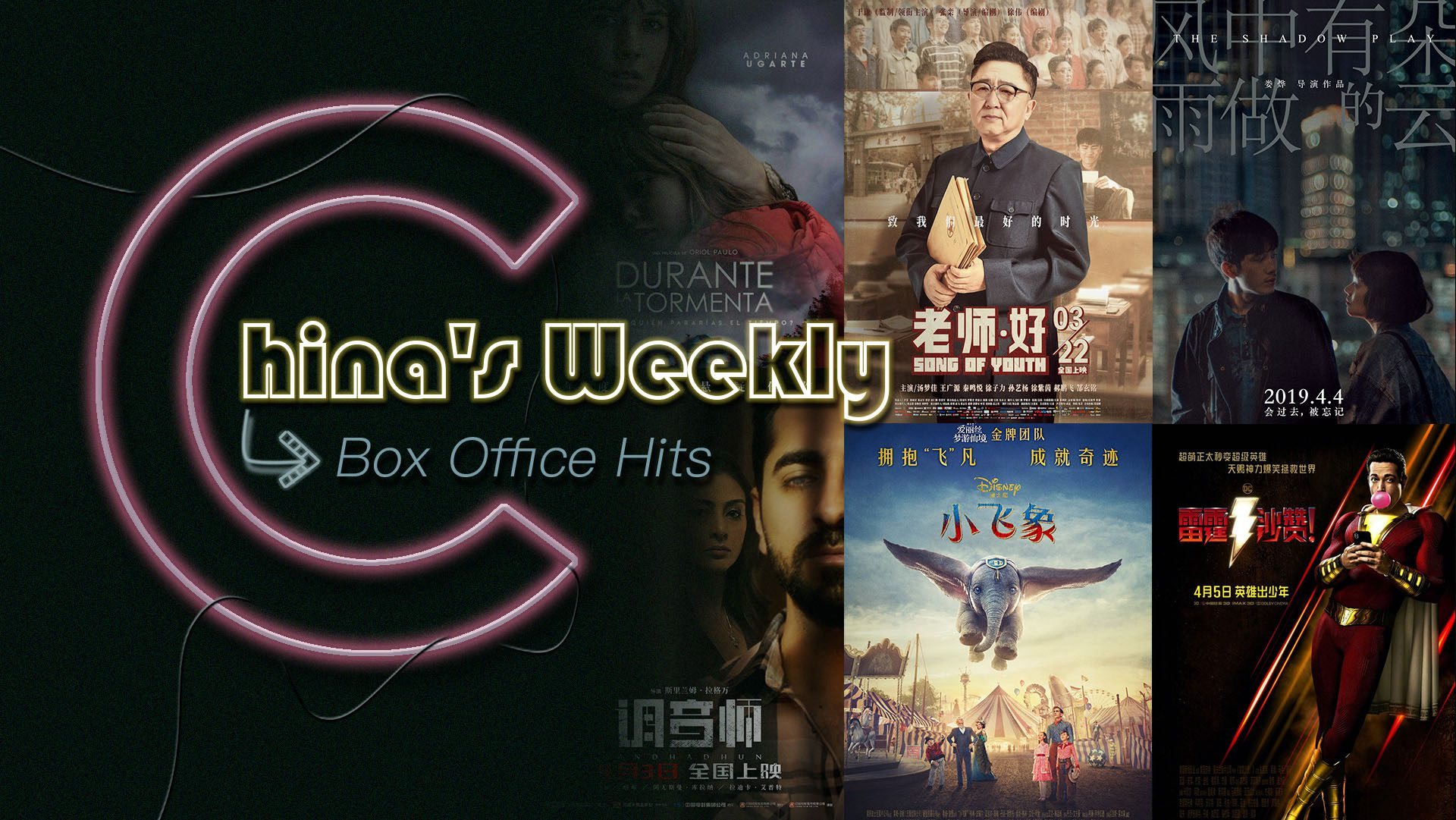The Chinese film industry sees a box office earning of 570 million yuan (84.9 million U.S. dollars) in the 12th week of 2019, a drop by 35.07 percent from the previous week.
The plunge draws a conclusion for the general box office performance in March. With the total amount standing at 4.1 billion yuan (610 million U.S. dollars), the market sees a 19.2 percent year-on-year decrease, Maoyan.com, China's largest online film ticket vendor, reports.
The first quarter of 2019 dropped by almost 8 percent compared to last year.
Box office ranking of the week
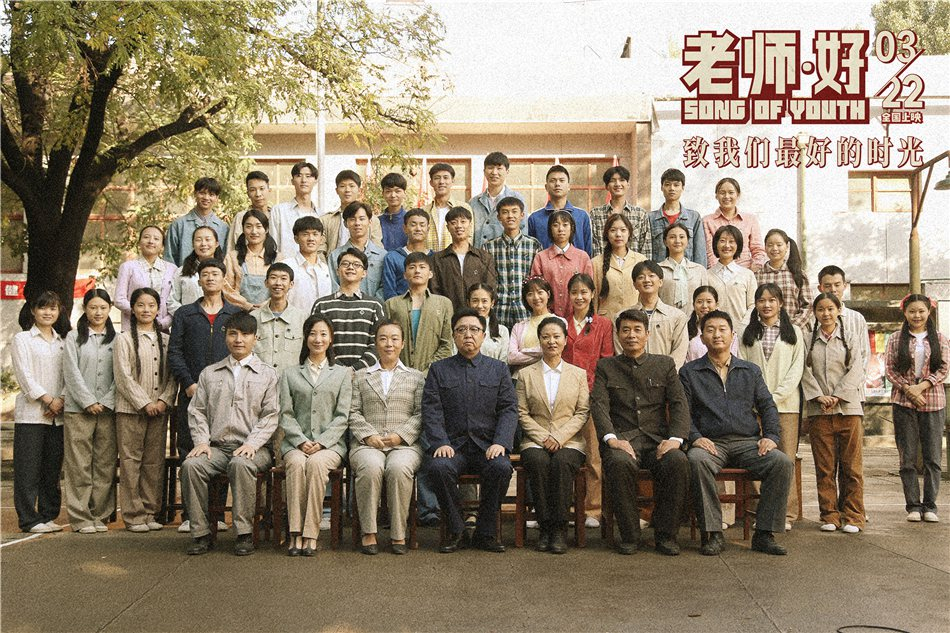
A poster for "Song of Youth". /Photo via Douban.com
A poster for "Song of Youth". /Photo via Douban.com
During the last week of March, the small-budget film “Song of Youth” has finally managed to lead the ranking in box office earnings with 134 million yuan (20 million U.S. dollars). It has already got over 221 million yuan (33 million U.S. dollars) so far.
The love tragedy “More than Blue” has fallen to the second place, but its general box office has already burned way past the 100 million U.S. dollars mark with 900 million yuan.
Newly released Disney fantasy film “Dumbo,” the flying baby elephant, opened at almost 72 million yuan (11 million U.S. dollars) on the first weekend. It got a 9 out of 10 on Maoyan's rating system, while it only scored a medium-level 6.8 on Douban.com, the Chinese version of Rotten Tomatoes.

"Dumbo" did not soar at the Chinese box office. /Photo via Douban.com
"Dumbo" did not soar at the Chinese box office. /Photo via Douban.com
The Spanish thriller “During the Storm,” directed by Oriol Paulo, has also made it into the top five with 65.1 million yuan (10.7 million U.S. dollars), twice the amount of Paulo's previous film “The Invisible Guest” during its first week in China in 2017.
The domestic film “The Human Comedy” ranks fifth with 56 million yuan (8.3 million U.S. dollars), but with a poor rating of only 3.4 out of 10 points on Douban.com.
Quo Vadis, art film?
Aside from the numbers, public discussions of the commercial and artistic values of art films have once again gained traction in China. The reason could be partly attributed to the sluggish performance of the art film “So Long, My Son” directed by Wang Xiaoshuai, a representative figure of China's “Sixth Generation” directors.
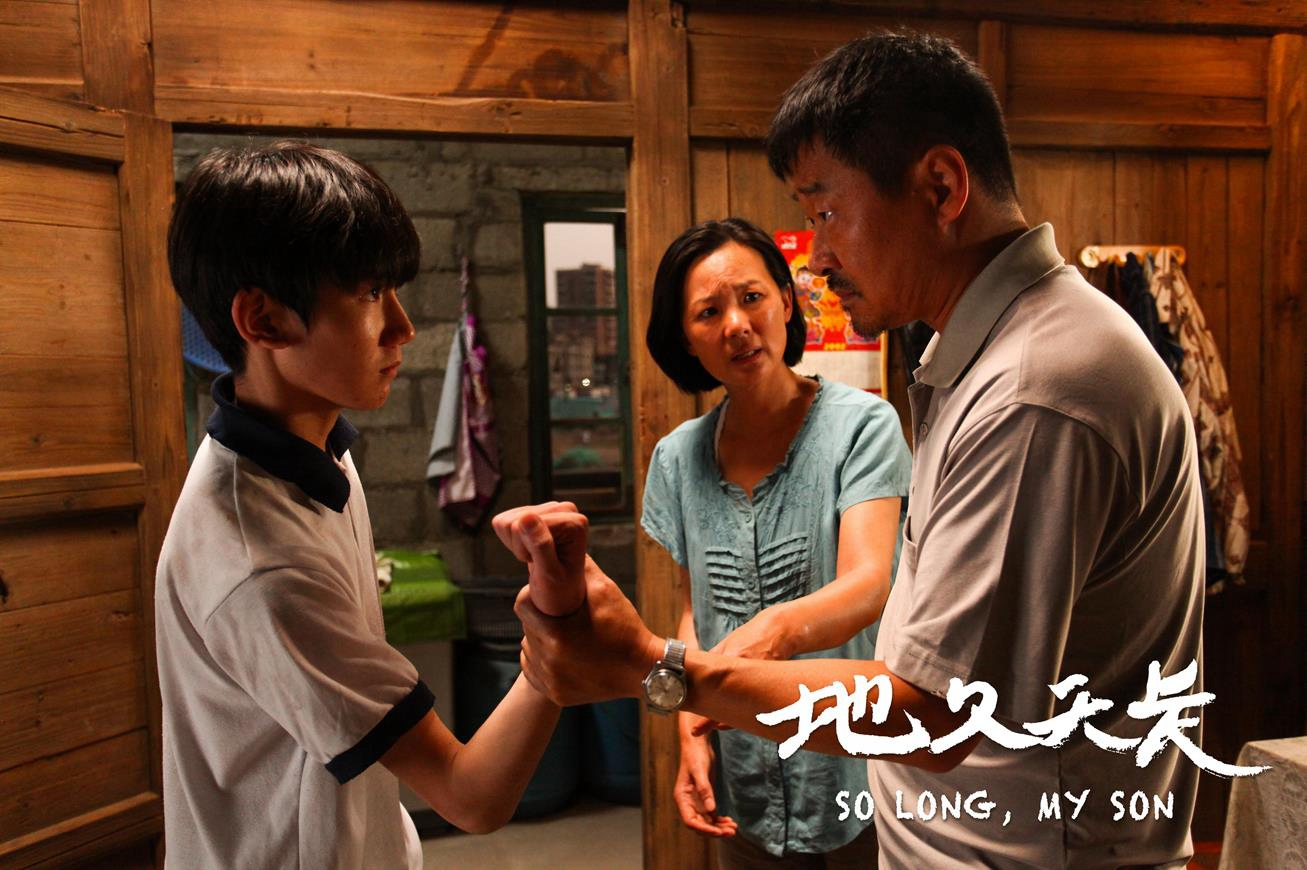
The sluggish performance of “So Long, My Son” has launched a discussion of the value of art films in China. /Photo via Douban.com
The sluggish performance of “So Long, My Son” has launched a discussion of the value of art films in China. /Photo via Douban.com
Having won the Silver Bear acting awards for both leading actors Wang Jingchun and Yong Mei at the 69th Berlinale, the film has earned nationwide critical acclaim long before its domestic release. Many insiders predicted that the box office would exceed 600 million yuan (89.4 million U.S. dollars).
However, the reality turned out to be stark. As of Monday, 11 days after its debut, the general box office grosses only 42.1 million yuan (6.3 million U.S. dollars).
What stole the show from "So Long, My Son"?
When asked about his expectations for the box office upon the release of his movie, Wang Xiaoshuai did not give a direct answer, only saying that he hopes "So Long, My Son" would get a good film row piece rate.
But two days after its release, the film row piece rate for “So Long, My Son” was only at 5.6 percent, before dropping to 1.4 percent. Insiders reckon that the 175-minute length did not only let many viewers hesitate but also lead to such a poor row piece rate.
Film directors have complained for years about cinemas being too commercialized to leave room for Chinese art films.
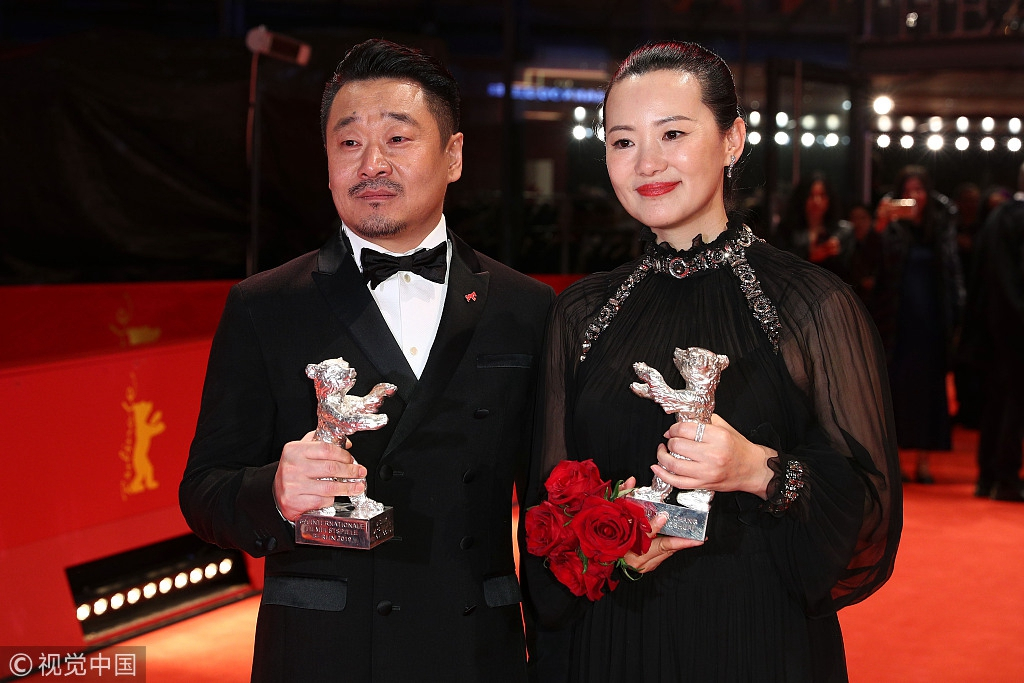
(L-R) Wang Jingchun and Yong Mei, winners of the Silver Bears for Best Actor and Best Actress for "So long, My Son" pose after the closing ceremony of the 69th Berlinale February 16, 2019 in Berlin, Germany. /VCG Photo
(L-R) Wang Jingchun and Yong Mei, winners of the Silver Bears for Best Actor and Best Actress for "So long, My Son" pose after the closing ceremony of the 69th Berlinale February 16, 2019 in Berlin, Germany. /VCG Photo
However, from the point of view of the movie theaters, how to arrange the screening rate of each film is not only based on their experience but mostly a market-oriented behavior. It is not only a dilemma faced by Chinese art films but all alternative film genres.
Some debate whether China should create cinemas especially for the screening of art films to support the development of such genres, as do many Western countries.
“So Long, My Son” was rated 7.9 out of 10 points on Douban.com, indicating that it is considered a high-quality film by most Chinese moviegoers.
A promising April
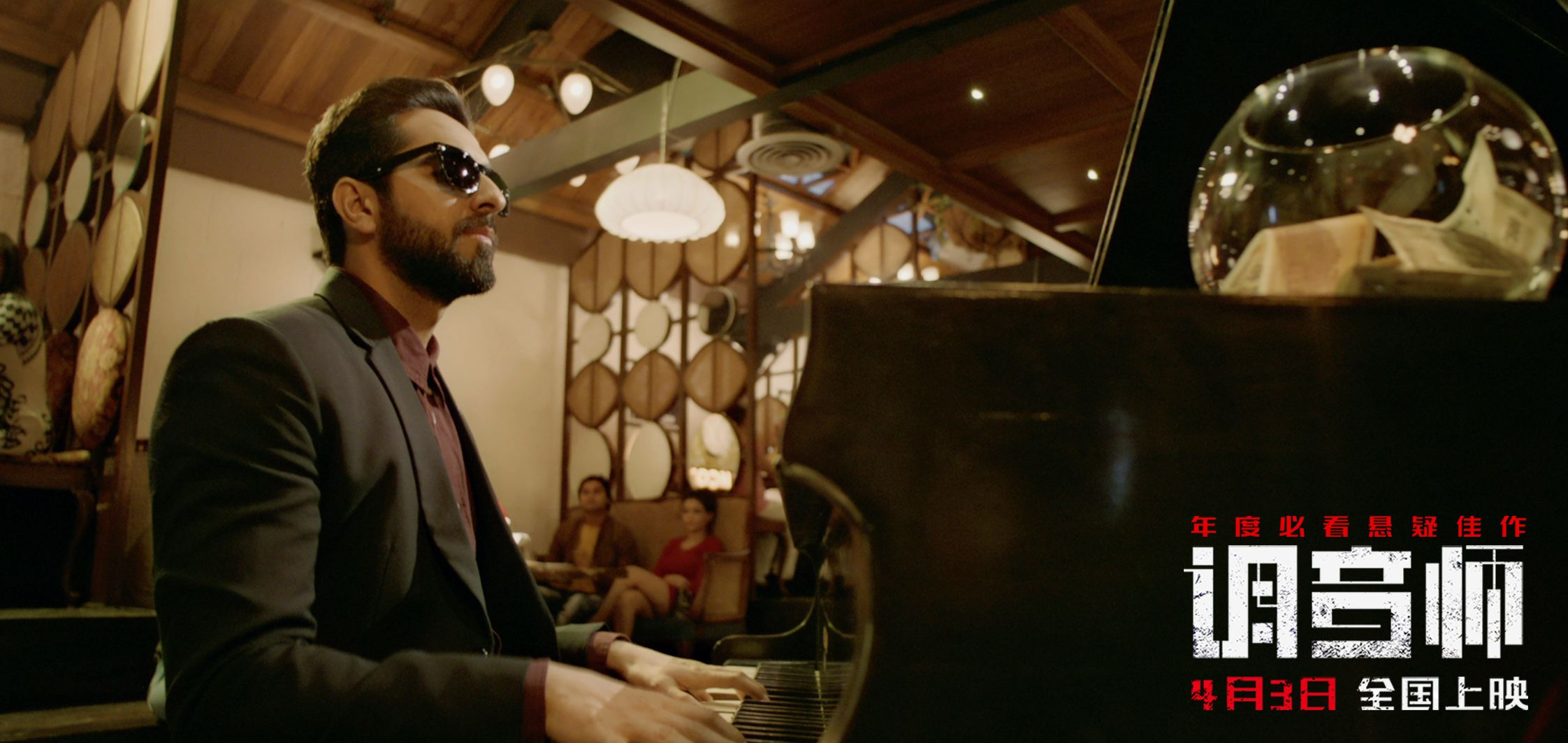
A poster of the Indian movie "Andhadhun." /Photo via Douban.com
A poster of the Indian movie "Andhadhun." /Photo via Douban.com
While March has already dropped its curtains, April appears to be prosing for film enthusiasts. The nearing Qingming Festival could slightly boost the Chinese film market, and there are several new films expected to hit the cinemas this week.
The Indian film “Andhadhun,” or “The Blind Melody” based on the 2010 French short film “L'accordeur,” is set to be released Wednesday. With tons of reversals in the plots and delicately designed suspense, the film became a blockbuster when screened in India last year. It is expected to win the Chinese audiences' hearts as well.
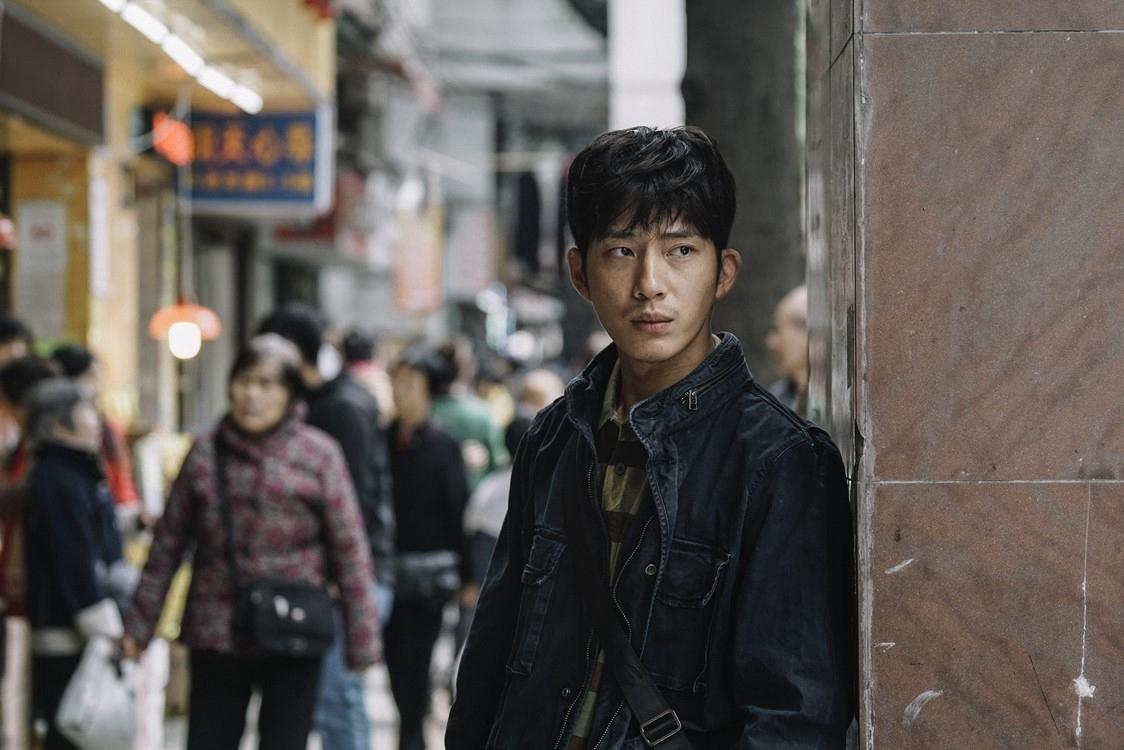
Chinese actor Jing Boran in a still from film "The Shadow Play" directed by Lou Ye. /Photo via Douban.com
Chinese actor Jing Boran in a still from film "The Shadow Play" directed by Lou Ye. /Photo via Douban.com
“The Shadow Play,” a crime film directed by promising Chinese director Lou Ye, will be screened on Thursday. The movie is said to be themed around social issues under the cover of suspense and thriller and is also among the highly expected new debuts.
The Hong Kong crime film “P Storm” starring Koo Tin-lok is to join the competition on Thursday as well, while Warner Bros. Pictures superhero movie “Shazam!” is expected to arrive in China only one day later on Friday.
With Marvel Studio's “Captain Marvel” sweeping more than one billion yuan (150 million U.S. dollars) and “Avengers: Endgame” to make the return only dozens of days later, will the DC Comics superhero become a surprise and amaze the Chinese moviegoers?
(Cover image by Yin Yating)

